Our Experience
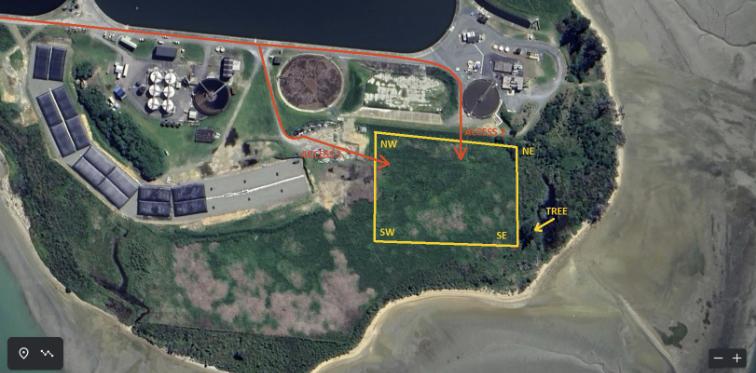
Development of the Nelson Bioenergy Recovery Plant
Development of a 20 TPD facility at the Bell Island location, in collaboration with the local council subsidiary, to divert industrial waste streams from the York Valley landfill. The facility will process mixed waste streams, including sludge, cowshed waste, spent grain, apple pomace, grape marc, hops residue, and fish waste, utilising a combination of anaerobic digestion (AD) and thermal hydrolysis (TH) technologies with named partners Kernohan, Beca, Texol and Seegreen.
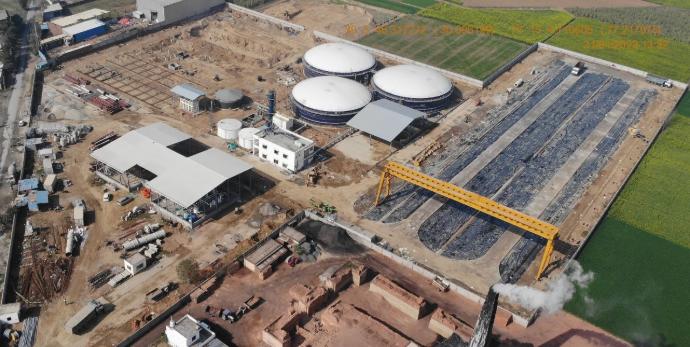
Compressed Biogas Plant at Yamunanagar
This project involved designing and constructing a biogas plant capable of handling 200 TPD press mud and 16 TPD paddy straw as raw materials by our partners SeeGreen, Texol and Dhanlaxmi. This plant produces 6.5 TPD compressed biogas stored in cascades at 200 bar and 100 TPD granulated organic fertiliser (PROM). The project also requires the storage of over 36,000 tonnes of substrate, which covers a total area of 4 hectares. Key aspects include CO2 savings of 82,000 tonnes annually.
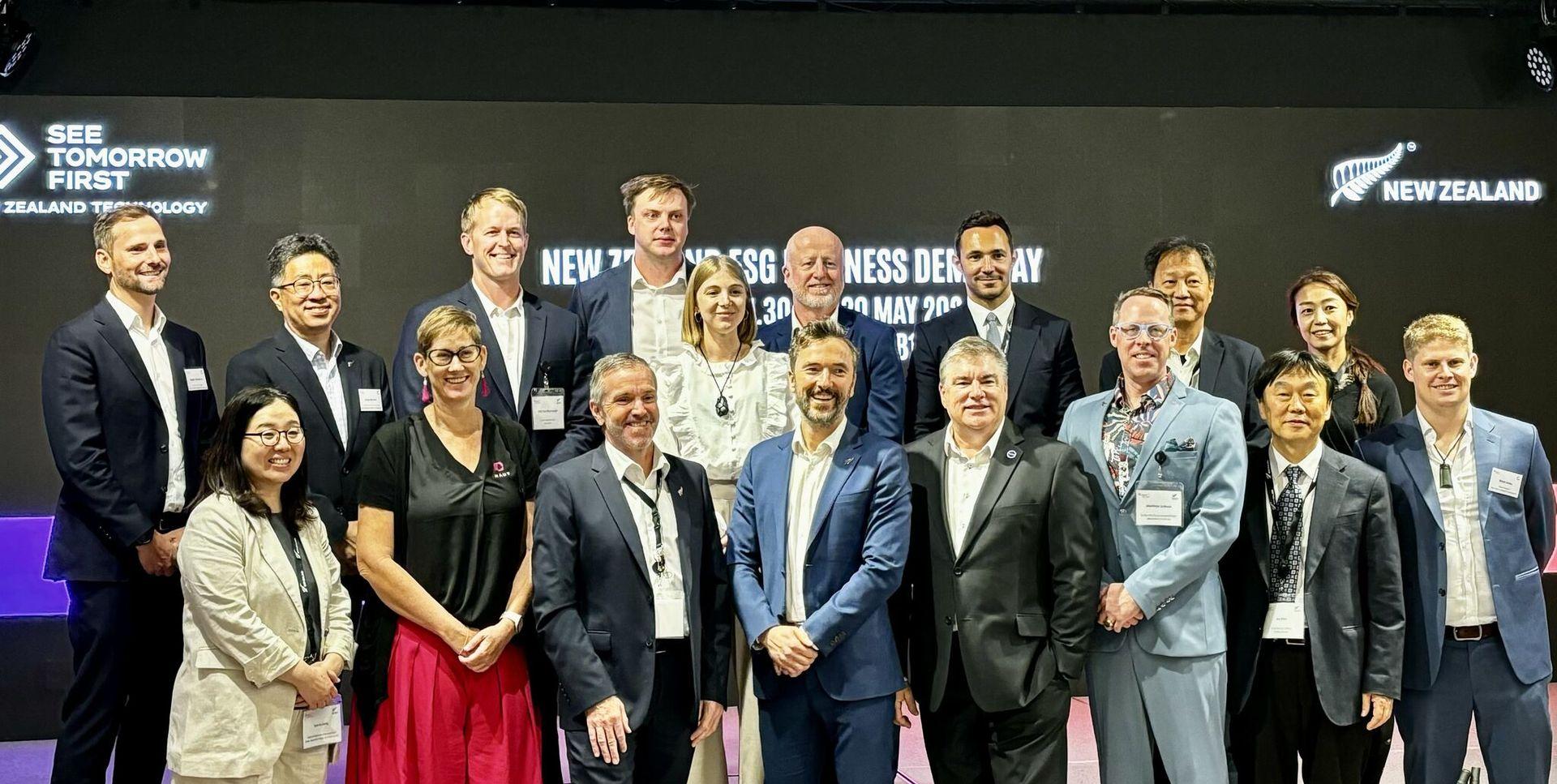
National Policy Advice & Trade Missions
ASL's success has been recognised through several prestigious awards and notable selections, including the Orion Impact Award, EY People's Choice Award, Ākina Impact Funding, UNDP 1st High-Level Meeting at the AIS Forum, Asia Foundation NZTE CleanTech Mission, Mātauranga Māori's Role in Decarbonisation, and Creative HQ Climate Accelerator. ASL is regularly sought to engage in national policy advice on land application standards for biosolids, carbon policy, green fertiliser standards, and freshwater policy, working closely with the Ministry for the Environment (MfE), the Ministry for Primary Industries (MPI), and government ministers.
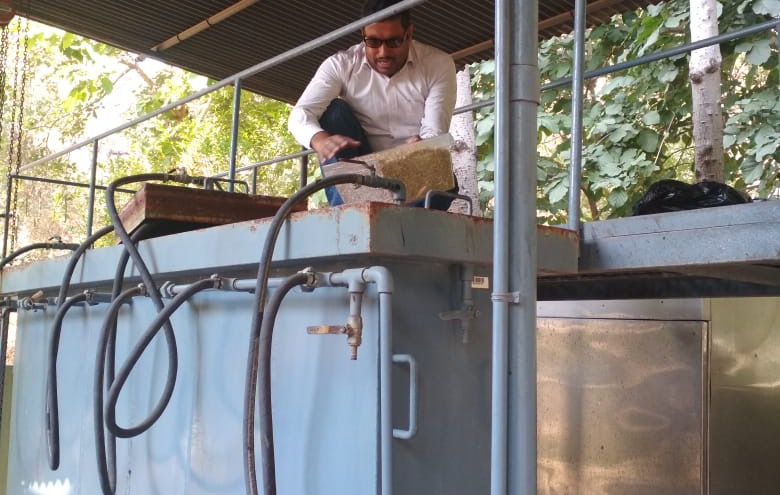
Integrated Waste Pilot Plant
We set up our pilot plant at TERI University (The Energy Resources Institute) for the co-digestion of rice straw and human faecal waste. Our team developed a bespoke reactor with an enhanced acidification and methanation process, capable of handling a one cubic metre volume. This reactor operates at an organic loading rate (OLR) of 5% dry solids. This pioneering work has subsequently led to us securing a patent.
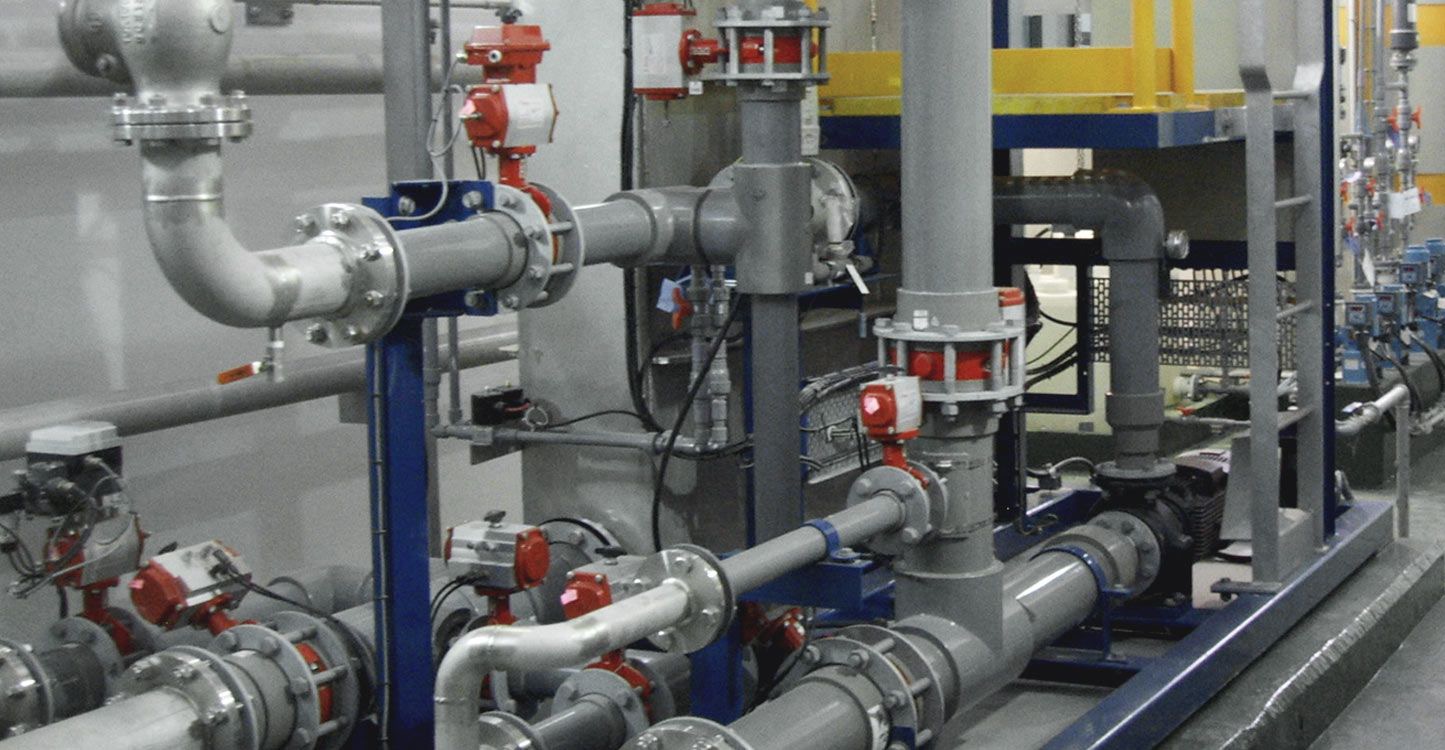
Wastewater Sludge Treatment
In partnership with Veolia, we took part in the development of a wastewater treatment plant in Nilothi, located in India's National Capital Region. The project aimed to valorise sludge, extracting value and preventing it from ending up in landfills
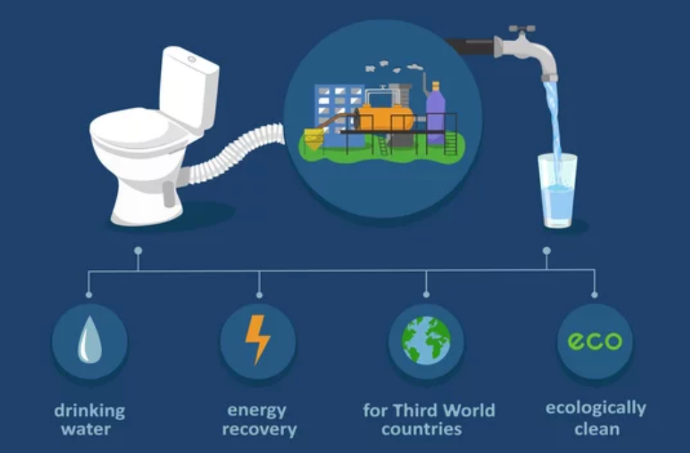
Smart Cities Contract
Our Indian subsidiary received a Letter of Award from the Pune Smart City Development Corporation for the construction of 20 sludge treatment solutions. The project was backed by the Japan Investment Co-operative Agency.
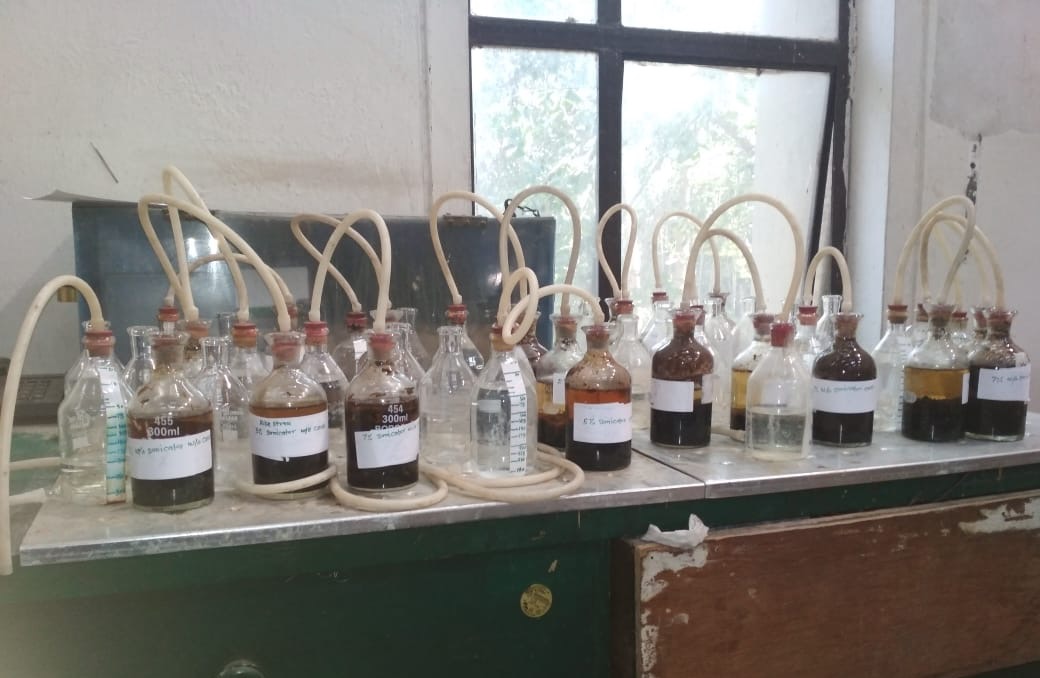
Bioenergy Waste Stream Lab Tests
Our team collaborated on a 4-megawatt electricity plant, expertly designed by Dr. Nitant, with a processing capacity of 20 tonnes per day of rice straw and cow manure. Harmaan oversaw the installation of two biogas agents, each capable of producing 2 megawatts, as well as the implementation of waste heat recovery systems to regulate digester temperature in the continuously stirred tank reactors. Beyond the design and construction phase, we were instrumental in the operationalization of the facility. This entailed the installation of mechanical stirring equipment and the fitting of electrical and mechanical components once the civil work was completed.
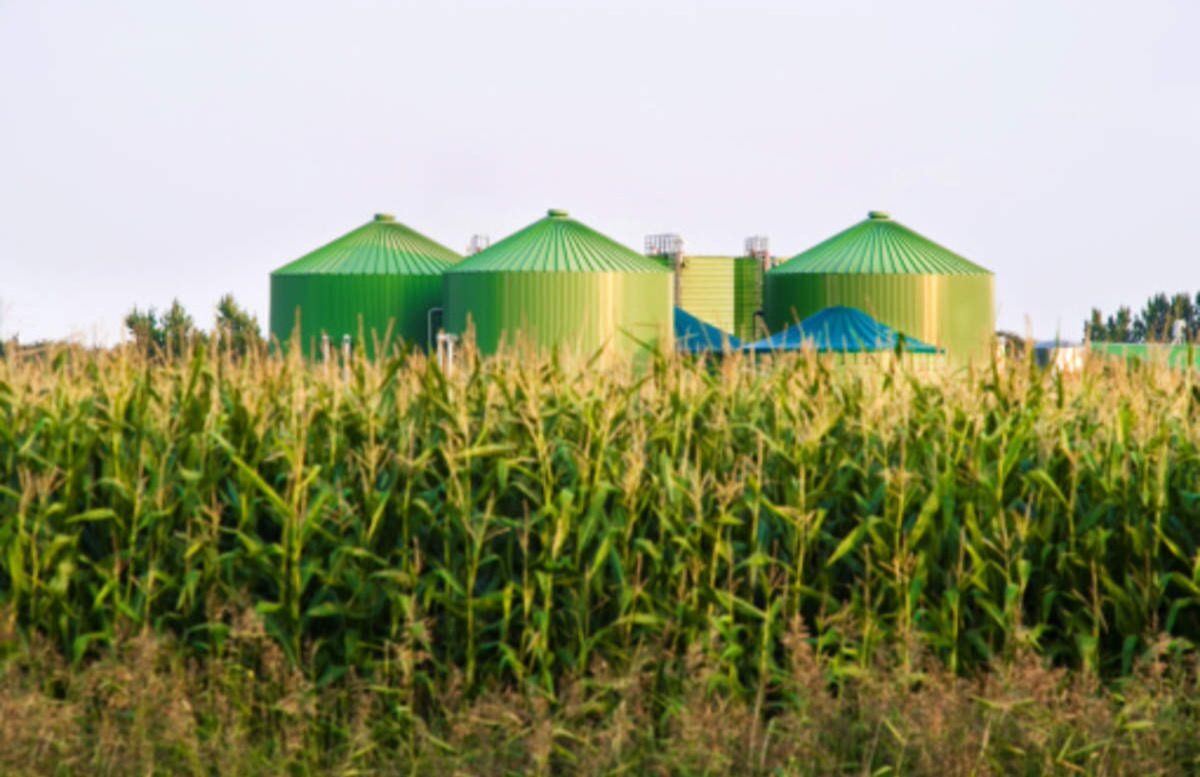
Biofuels Testing
Our team played an integral role in the development of a Jatropha plant, a key source for sustainable biofuels. Jatropha is not a grass but a plant species that produces seeds, which can be processed into oil through mechanical pressing. This oil is then transformed into biodiesel via a chemical process known as methyl esterification. In collaboration with the Automotive Research Association of India and with support from Mercedes Benz of India Limited, we were responsible for conducting comprehensive automotive testing of the biofuel. This research not only furthers the science of renewable energy but also holds promise for creating more sustainable transportation solutions.
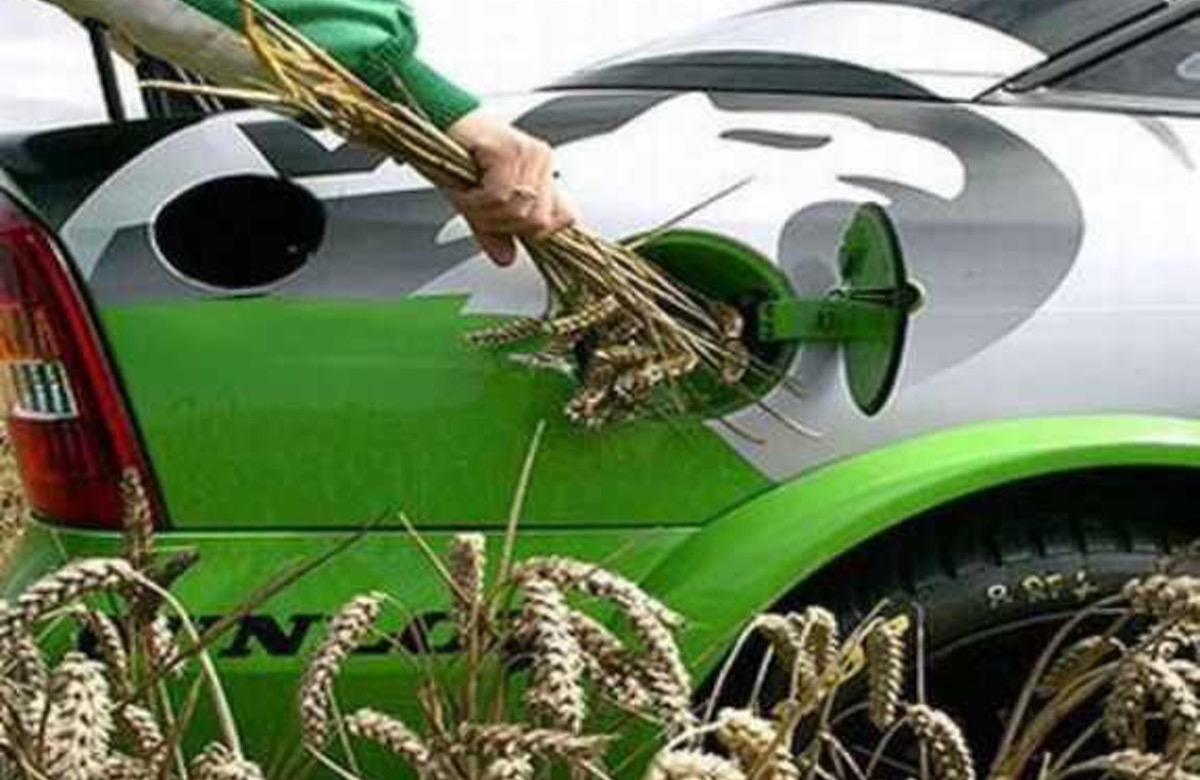
Biofuels Policy Advice
Our company had the privilege of collaborating in the development of the Galvanising Organic Bio Agri Resources (GOBAR) policy. This innovative approach later evolved into the Sustainable Alternatives Towards Affordable Transportation scheme. Together, we secured a guaranteed price for the offtake of biomethane from India's government-owned oil marketing companies. These Public Sector Units (PSUs) specialize in refining and retailing petrol and petroleum products. Our joint efforts have not only led to the creation of more sustainable transportation solutions but also ensured a stable and viable market for alternative fuels in India.
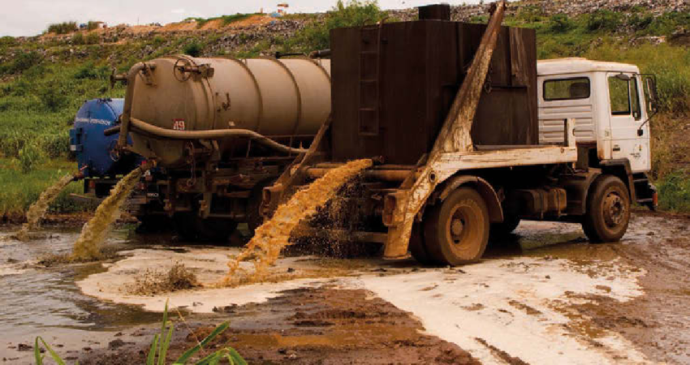
Rural Sanitation
We collaborated with the Ministry of Drinking Water and Sanitation in India to offer consultancy services focused on affordable, on-site sanitation solutions tailored for rural areas.
Our New Zealand Timeline
Integrated Science Based Targets into Company Constitution to ensure profit aligned with purpose.
Selected as Aotearoa (NZ) Entrepreneur representative for the UNDP-funded Archipelagic and Island States AIS Forum
Harmon Madon is accepted into Canterbury University Transition Engineering Programme
Formal Partnerships Established with ENI Engineering, Optima & Site Care
Matthew Jackson appointed Commercial Director of Alimentary Systems.
Alimentary Systems Limited is registered in NZ to commercialise Madon Industries technology. Matthew Jackson joins as Independent New Zealand Company Director in an advisory role.
Madon Industries forms a memorandum of understanding to provide waste water research in Wellington with Victoria University.
Harmon Madon is accepted into the Edmund Hillary Fellowship (Cohort 6) and travels to NZ to begin industry engagement and market research.
Harmon Madon meets Matthew Jackson, a New Zealand Fellow in EHF Cohort 3 - Kopakopa.
Harman Madon successfully defends two patents relating to mix & variable waste sources anaerobic co-digestion and process engineering.
Madon Industries enters into a Memorandum of Understanding with AgResearch to explore Bioenergy options in New Zealand.
Madon Applied Sciences commences the development of 1 tonne per day processing plant capacity in conjunction with Pune University to prove the efficacy of the mixed waste process.
Madon Applied Sciences LLP was founded to undertake waste to bioenergy conversion R&D in India.